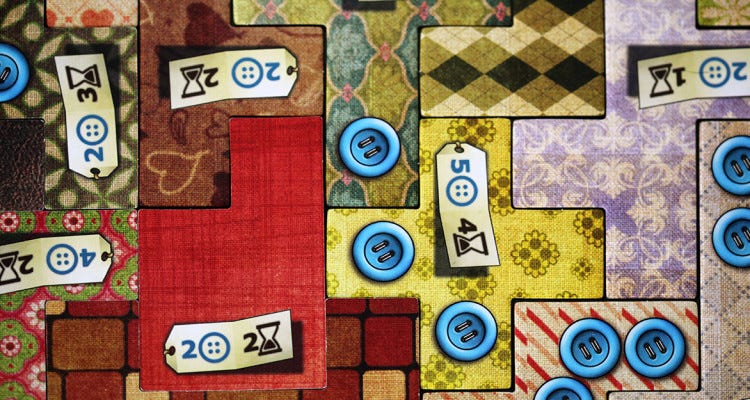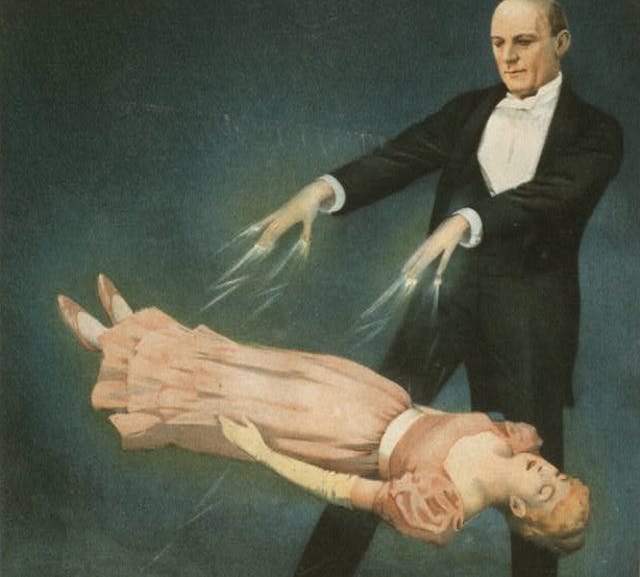It’s pretty challenging trying to choose the right counsellor. Who should you choose from the sea of counsellors, psychologists, psychotherapists, and therapists listed on the BACP directory, Psychology Today, or the Counselling Directory? There’s so many different titles and qualifications everywhere you look, I understand—it's a total nightmare!
Let me share the pivotal points of my journey in the counselling world and what I offer through my training and experience. This will help you understand the uniqueness of my approach and decide whether I'm the right person for you. It might also help you evaluate other therapists more effectively. You’ll also notice throughout this article, bits of random information about me, which is nothing to do with counselling! But then, what I bring to counselling is me, which is the unique ingredient.
I’m originally a red-head, though the auburn colour has faded as I’ve got older. I’m also left-handed so the
My Journey as a Counsellor
Foundation: Counselling Training
Most counsellors attend some form of training. My foundation was an Advanced Diploma in Counselling (Level 5). This intensive training involved practicing counselling with peers and receiving detailed feedback. I also worked as a volunteer counsellor with in-depth supervision, learning on the job while attending my own therapy and examining every corner of my psyche. It was intense and challenging, but ultimately incredibly rewarding and life-changing!
I love playing board games, but my brain cannot handle too much strategy. So it’s no to Chess but yes to Patchwork (even if I still lose)!
Influence on how I work: Focusing Oriented Therapy
Continuous Professional Development (CPD) is required for BACP membership (British Association of Counselling & Psychotherapy, of whom I’m a member). I recommend checking what your potential counsellor has invested in beyond their main qualification—it reveals how their practice has evolved and what they specialise in.
During my training, my tutor introduced me to Focusing, and I became intrigued. Eugene Gendlin, the 1960s psychotherapist and philosopher who developed this approach, spent hundreds of hours analysing therapy sessions to identify what made some clients successful while others struggled. I thought: if I want to become truly effective, I need to understand what he discovered!
I invested two years training with experts Serge Prenghel, Jan Winhall, and Leslie Ellis, immersing myself in focusing-oriented therapy. This transformed how I work with clients, and these principles continue to underpin my practice today:
Creating experiential sessions beyond just "talking therapy"—I may invite you to imagine scenes from your past or future to evoke a felt sense we can work with
Exploring life's stuckness in ways that reveal the right next steps—I might make suggestions to see what fits, especially when moving toward a more neurodivergent-friendly life
Following the wisdom of the body— This might sound tricky and ambiguous, but let me explain it more simply. Imagine that you want to play some music but you’re not quite sure what you want to play. You might notice yourself scanning internally your imaginary Spotify account and then you realise, ah yes, that’s the song I want to play right now. That’s it – that’s following the wisdom of the body. That’s what I aim for in therapy too. We’re looking for the ways in which your life can come to a place of homeostasis, and where all the creases are that we want to iron out together.
One of my special interests is cults, because I am fascinated by the mechanics of how they work and also how the human spirit can prevail.
Validation: BACP Accreditation
Not every counsellor takes this step, as it's a rigorous process! I wanted to provide extra reassurance so that you know you can expect a trustworthy level of service. . I can’t promise you though that I’ll ever get great at managing dates and time in my diary – you might notice that I make mistakes with this sometimes. It is part of my neurodivergent profile! But I do due diligence in my practice as a counsellor, following standards set by the association.
Advanced Techniques: Coherence Therapy
I discovered coherence therapy while I was doing my Focusing training. This was another pivotal moment in my understanding of what works in therapy. Again, I rabbit holed into this to learn what I could to help my clients experience true psychological change. Coherence Therapy, developed by Bruce Ecker and colleagues, is a type of psychotherapy that focuses on uncovering and transforming deep emotional patterns that drive unwanted thoughts, feelings, and behaviours. It’s based on the neuroscience theory of memory reconsolidation. In our sessions this might involve:
Replaying scenes where you struggle to identify emotional patterns, especially when your reaction seems disproportionate to the event
Trauma Expertise
Trauma and blocking beliefs are often major pieces of the jigsaw when it comes to effecting psychological change. I decided to add a range of trauma-based approaches so that I could offer what felt appropriate for each unique person. I offer EMDR, Flash, Dreamwork and Rewind.
Personal Insight: I am actually autistic!
After working with several clients I deeply resonated with, I came to realise that I am actually autistic! This led to a seismic shift in how I approach counselling and who I work with. Beyond my previous training, I now integrate the unique lens of lived experience along with hundreds of hours of working with neurodivergent clients and being part of a neurodivergent family.
This neurodivergent perspective enhances my practice through:
Encouraging you to find your passion and honouring your interest-based nervous system
Integrating special interests into trauma work
Sharing what I've learned about unmasking and creating a neurodivergent-friendly life
Offering practical support for people experiencing inertia
Supporting anxiety, anger, meltdowns, and burnout within the neurodivergent context
Offering where appropriate a practical coaching style which may suit better than traditional talking therapy
I once worked as an illusionist’s assistant and had to fold into a rather small box while having swords put through me.
The Heart of My Practice: Relationship
Beyond all these approaches and techniques is something fundamental. I've always been influenced by psychotherapist and writer Irvin Yalom, whose mantra is "It's the relationship that heals”. Research consistently shows that the therapeutic alliance is essential to effective psychotherapy, and what you'll get when working with me is a genuine relationship.
If you read Yalom's books (they're all brilliant, but start with "Love's Executioner"), you'll understand how he's influenced my practice. There's no performative "counsellor self" with me. You'll get my authentic self, including my Welsh heritage (though I've lost the accent since leaving Wales at 18!). You'll get my autistic problem-solving approach, enthusiasm, observation of life's nuances, pattern-spotting ability, and empathy for your unique situation. You'll connect with someone of my age and experience, a family person who has lived many lives. You’ll see some of this dotted throughout this article. Which might give you some flavour of who I am. :-)
Does this sound like someone you'd like to work with? If so, get in touch!
P.S. I'm aware that the major influences I've mentioned are all men. The patriarchy is indeed alive in the counselling world, and that needs to change. As a counterpoint, I must acknowledge the contemporary women researchers who greatly influence my ongoing work. A big shout out to incredible women with lived experience writing on Substack and elsewhere: Dr. Neff, Dinah Murray, Sonny Jane Wise, Jackie Schuld, and Janae Elizabeth, to name just a few!
Questions you might like to ask your potential therapist
What has your experience of being in therapy been like?
What training have you done after your main qualification, and how has that influenced your work?
Are you accredited by a governing body?
What's your experience in working with neurodivergence?
What is your training in trauma-based support?
Who are the main influences in your work as a therapist?








Love the information and your authenticity